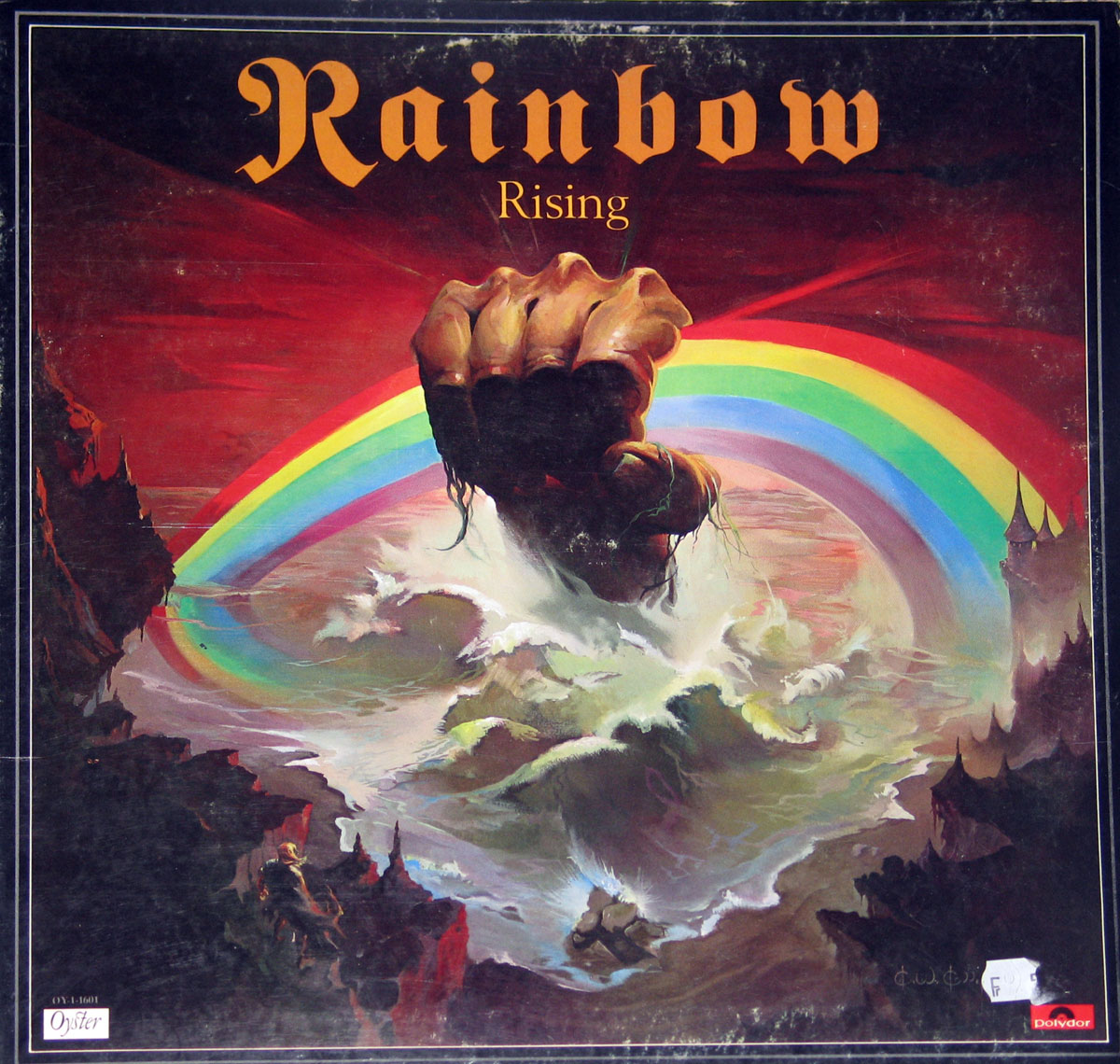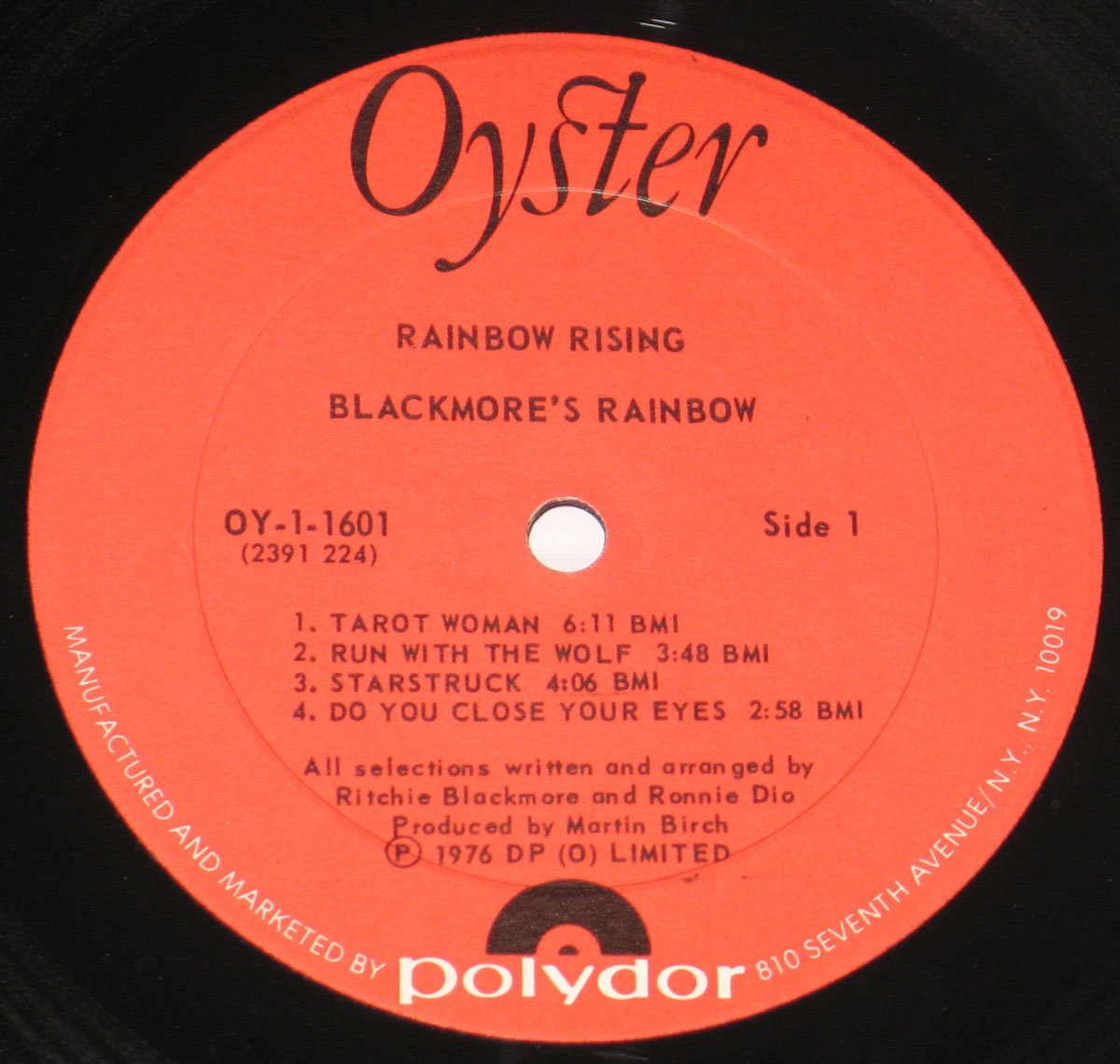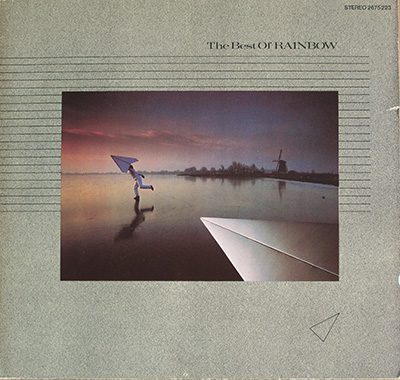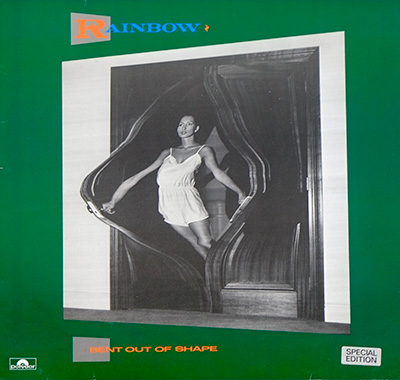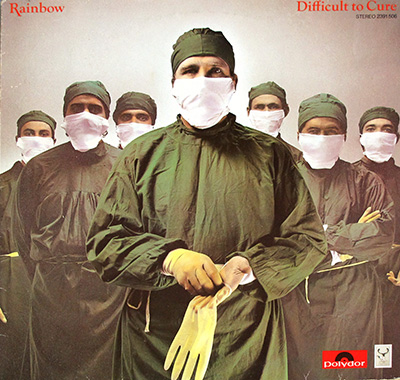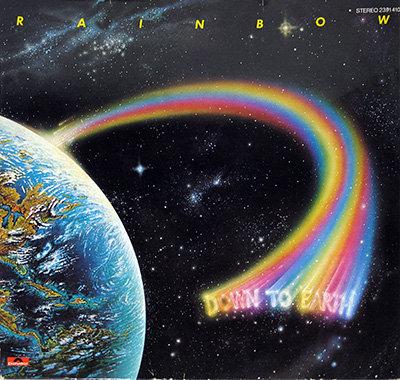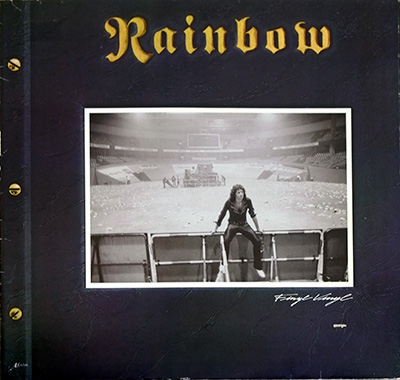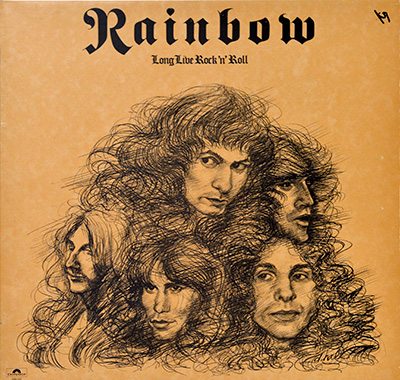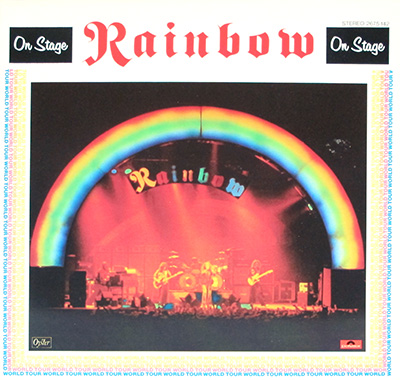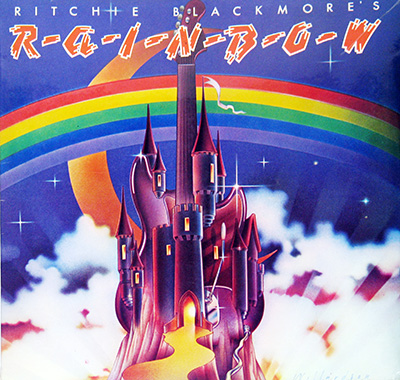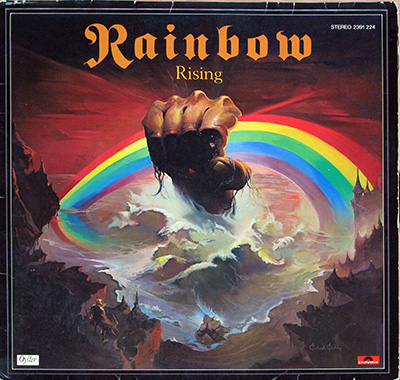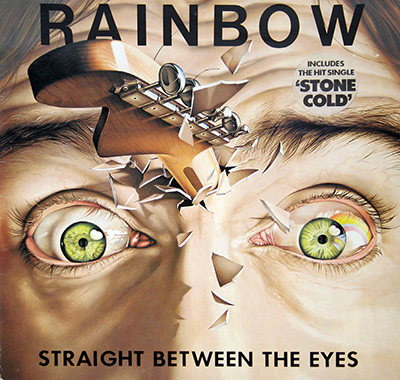In the smoke-filled haze of 1976, amidst the glitter and glam of a waning rock scene, a thunderclap echoed from the depths of England. It was the sound of Ritchie Blackmore's Rainbow, and their album Rising was not just a record, it was a declaration. A declaration that rock 'n' roll wasn't dead, it had simply been kidnapped by fairies and dragons, and Blackmore, the guitar wizard, was here to lead the rescue mission.
Fresh off his departure from Deep Purple, Blackmore was a man on a quest. Not for fame or fortune, but for a sound that resonated with the ancient, the mystical, the epic. He found his bard in Ronnie James Dio, a vocalist whose voice could summon storms and soothe savage beasts. Together, they assembled a band of virtuosos: Tony Carey on keyboards, Jimmy Bain on bass, and the human drum machine, Cozy Powell.
Rising was recorded at Musicland Studios in Munich, a place where the ghosts of Wagner and Beethoven might have wandered in to witness the birth of a new mythology. Produced by Martin Birch, the album's sound is colossal, every instrument honed to a razor's edge. Blackmore's guitar solos aren't just displays of technical prowess; they're sonic tapestries woven with fire and ice. Dio's lyrics aren't just words, they're incantations, conjuring images of stargazers and tarot women, of wolves and warriors.
The album opens with "Tarot Woman," a seven-minute odyssey that lurches from delicate acoustic passages to a full-blown heavy metal assault. It's a statement of intent: this is not your older brother's rock 'n' roll. "Run with the Wolf" is a galloping anthem, a call to arms for the wild at heart. "Stargazer" is the album's centerpiece, a sprawling epic that builds from a mournful lament to a triumphant crescendo, complete with a full orchestra. It's the kind of song that makes you want to raise your fist to the sky and howl at the moon. It's no wonder it remains a staple of classic rock radio and a shining example of Dio's vocal prowess and Blackmore's ability to craft iconic riffs.
Rising wasn't without its controversies. Some critics dismissed it as pretentious, overblown, a throwback to a bygone era. But Blackmore and Dio weren't interested in following trends. They were creating their own world, a world where fantasy and reality blurred, where the music was as powerful as the myth. This unique blend of hard rock and fantastical themes set Rising apart from its contemporaries, solidifying its place as a pioneering album in the burgeoning heavy metal scene.
Beyond its musical and visual impact, Rising is also celebrated for its raw energy and powerful performances. Recorded in a remarkably short time, the album captures a band at the peak of their creative powers, with each musician delivering their best. This sense of urgency and passion is palpable throughout, contributing to the album's enduring appeal.
Rising wasn't just an album, it was a portal. It transported listeners to a realm where anything was possible, where the mundane gave way to the magical. It was a reminder that rock 'n' roll could still be dangerous, exciting, and transformative. In a world that was growing increasingly cynical and jaded, Rising was a beacon of hope, a celebration of the enduring power of the human imagination. And with its powerful performances, enduring songwriting, and undeniable influence, Rising continues to inspire and captivate listeners, leaving an indelible mark on the history of rock music.
